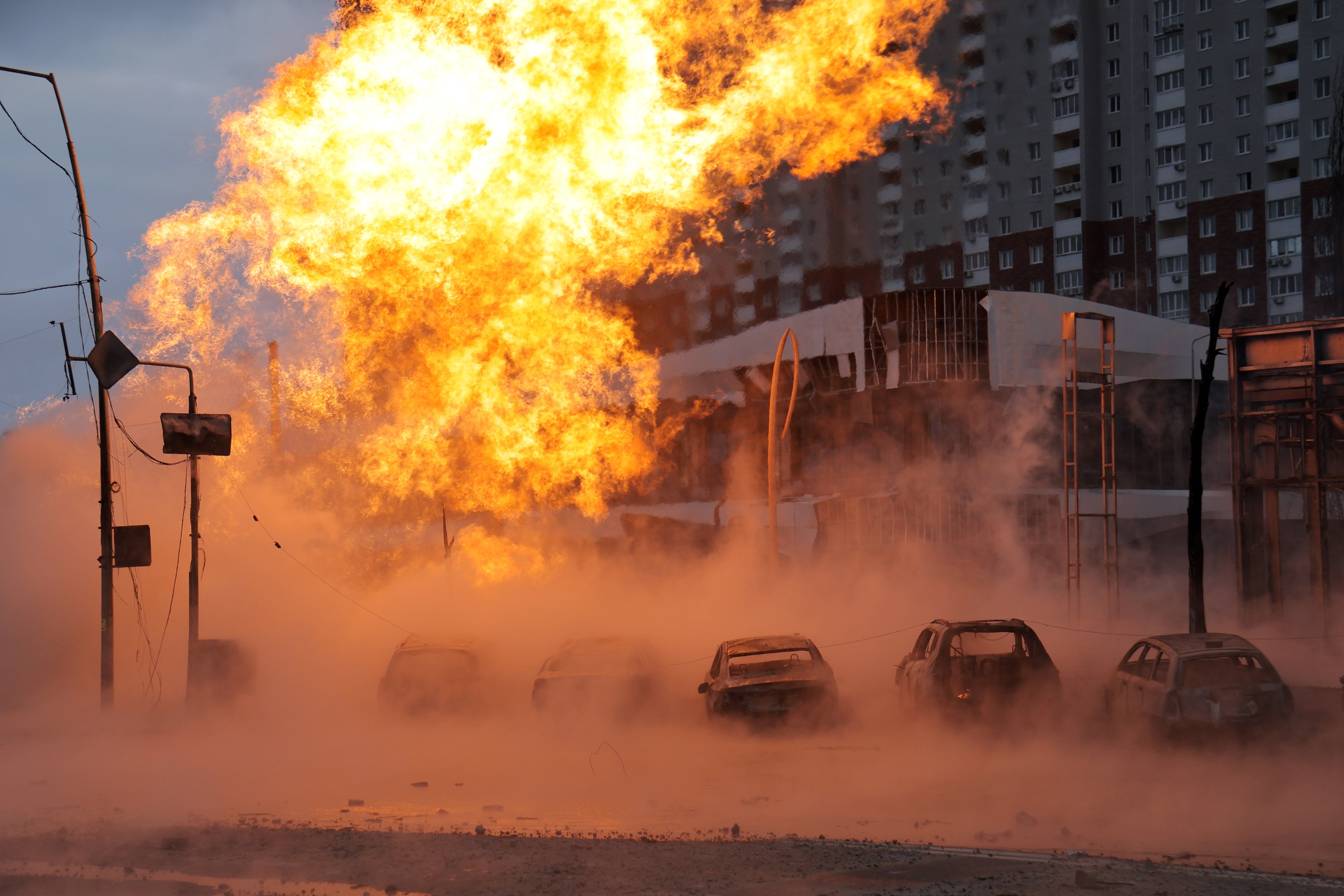Both Ukraine and Russia started the new year with big bangs in their ongoing war. Russia has rained torrents of missiles down on Kyiv, while Ukraine has been blasting away at cities in Western Russia. So why now?
Answer #1: Air > ground. The ground war is now a grim, trench-bounded stalemate, so both sides are ramping up the air game. Russia in particular wants to smash Ukraine’s heating and electricity grid as temperatures drop, in line with Moscow’s age-old tactic of enlisting General Winter.
Answer#2: Leverage. The chances of peace talks are still remote, to be fair, but far less so than they were just a few months ago. Reports in late December said Vladimir Putin could be open to the idea of drawing a line in the steppe and freezing the conflict. And while Ukrainian President Volodymyr Zelensky has vowed to fight on, his main backers in the US are not only struggling to find him fresh cash but signaling that their objective is to bolster Kyiv’s defensive and negotiating position rather than continue open-ended fighting.
One thing to consider: the Trump effect. Both sides are doubtless trying to predict the 2024 US election outcome as they plot strategy. If Zelensky thinks arch-Putinophile Trump might win, he might be keen to explore talks in the coming months. Putin, naturally, sees things the other way around.
